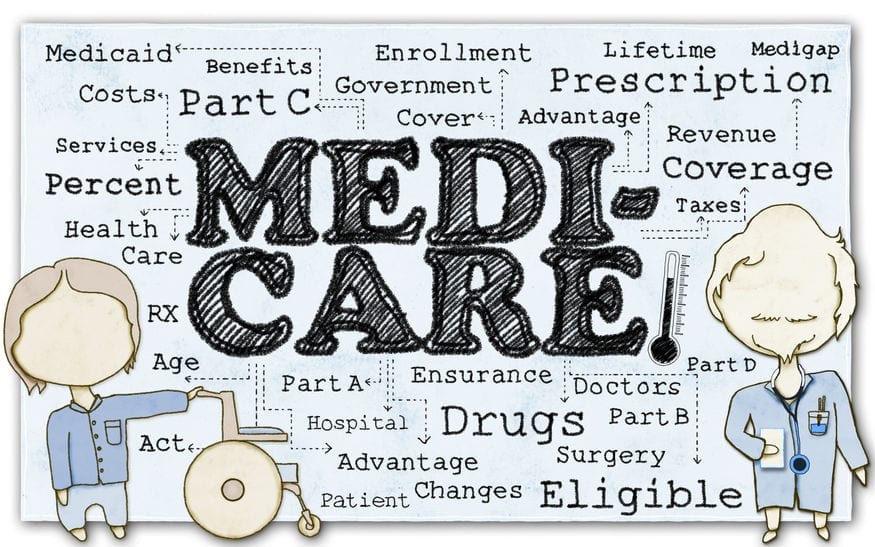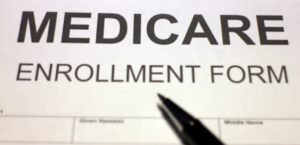Learn how Medicare works in this post.
The time has come for you to start thinking about applying for Medicare, but you are confronted with so much information that you don’t know where to begin! This is normal, especially if you aren’t used to handling insurance matters. Applying for Medicare can be daunting, but the best thing that you can do for yourself is to understand what it is and how it works — at least in basic form. After that, we can help sift through the available information so that you can make the right decisions.
Medicare Explained
Medicare is a federal program for medical care for seniors. It is free and everyone who is over the age of 65 ought to apply. Even if you have private health insurance, it will be assumed that Medicare is your primary provider of medical insurance so you should take the application process seriously.
The Parts of Medicare
Medicare comes in four parts:
Part A – This is inpatient cover which means that it covers you for in-hospital stays, skilled nursing care, home health care, and similar services.
Plan B – This one covers you for outpatient services. It will pay for doctor’s fees, lab work, and other outpatient services. In order to receive this coverage, you will have to pay a premium.
Part C – This is also called Medicare Advantage and it is provided through private plans. It covers everything that is included in Parts A and B and you also get some additional benefits. However, in order to qualify for this kind of Medicare you already have to have Parts A and B.
Part D – This one covers prescription drugs and it is also offered through private plans. You need to be enrolled in Plan A and Plan B in order to qualify for this one. You can choose to be enrolled in Plan A, B, and D, a good idea if you suffer a chronic illness that requires continuous medication.
That’s How Medicare Works – in a Nutshell
It is very important to make sure that you are enrolled in Medicare on time. You become eligible when you turn 65, but it is advisable to start the application process early so that you can submit your forms well in time.
Don’t Miss the Deadline
If you miss the deadline you will be without coverage for a few months. You can apply a bit later if you have an employer insurance plan that hasn’t yet elapsed – get your forms filled and submitted as soon as it does. If you apply late for Medicare, you will have to pay a penalty.















